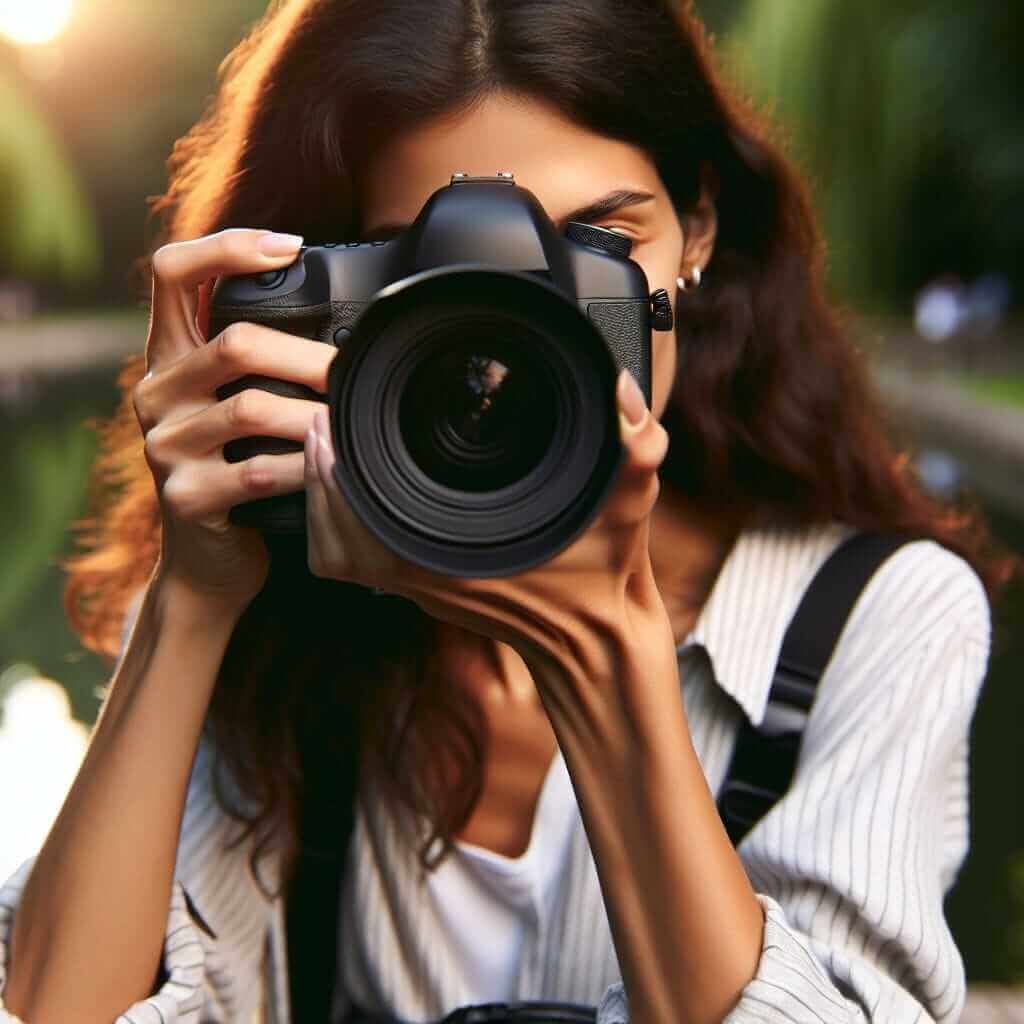As an IELTS instructor with over two decades of experience, I often encounter students perplexed by seemingly simple Speaking test prompts. “Would you like to be a professional photographer?” is one such example. While seemingly straightforward, this question requires a nuanced understanding of what examiners look for in your response. Let’s break down how to deliver a high-scoring answer by exploring the question’s meaning and offering practical tips and examples.
Deciphering the Question: More Than a Simple “Yes” or “No”
At its core, this cue card question assesses your ability to:
- Express personal opinions and preferences: Can you articulate your thoughts and feelings about photography as a profession?
- Provide reasons and justifications: Can you explain why you would or wouldn’t want to be a professional photographer?
- Use a range of vocabulary and grammar accurately: Can you discuss the topic using a variety of vocabulary related to photography, careers, and personal aspirations?
Crafting a Cohesive and Engaging Response
Here’s a step-by-step approach to structuring your answer:
1. Address the Question Directly: Begin by clearly stating your stance. For example:
- “Yes, the idea of being a professional photographer has always appealed to me.”
- “While I find photography fascinating, I wouldn’t necessarily choose it as a career.”
2. Elaborate on Your Reasons: Provide at least two compelling reasons to support your viewpoint. Be specific and avoid generic statements. Consider these angles:
* **Personal Interest:** "I've always been captivated by the power of images to tell stories and evoke emotions. Being a photographer would allow me to express my creativity and document the world around me in a unique way."
* **Technical Skills:** "I enjoy the technical aspects of photography, like mastering lighting techniques and experimenting with different lenses. The challenge of capturing the perfect shot is something I find truly rewarding."
* **Career Considerations:** "While I respect the profession, I'm drawn to careers that involve more social interaction and collaboration. Photography can be quite solitary at times."3. Provide Examples and Anecdotes (where applicable): Illustrate your points with real-life examples or experiences to make your response more engaging and personalized.
- “For instance, last year I traveled to Nepal and took hundreds of photos documenting the local culture and breathtaking landscapes. It was incredibly fulfilling to share those images with others and see their reactions.”
- “Although I’m an amateur, I recently participated in a photography workshop and was amazed by the technical skills and artistic vision of the professional photographers leading the sessions.”
4. Conclude Briefly and Naturally: Summarize your main points or offer a concluding thought. You can also connect your answer to your future aspirations, even if they aren’t directly related to photography.
- “Overall, while I don’t envision myself pursuing photography professionally, it will always remain a cherished hobby that allows me to express myself creatively.”

Sample Answer:
“To be honest, the idea of being a professional photographer has always intrigued me. I’m drawn to the creative freedom it offers – the ability to capture moments in time and share unique perspectives with the world. I’ve also always enjoyed the technical side of things, experimenting with different lenses and lighting to achieve the perfect shot. However, while I find photography deeply rewarding as a hobby, I wouldn’t necessarily pursue it as a full-time career. I’m more interested in fields that involve working directly with people and contributing to social causes, which is why I’m drawn to a career in international development.”
Key Takeaways:
- Be genuine: Choose the stance that resonates most with you. Authenticity is key to a strong performance.
- Think outside the box: Don’t limit yourself to conventional answers. Explore different aspects of the profession and relate them to your own experiences and aspirations.
- Focus on fluency and vocabulary: Use a range of vocabulary related to photography, careers, and personal interests to demonstrate your language skills.
Remember, practice makes perfect! By preparing thoughtfully and structuring your answer effectively, you can confidently tackle this IELTS Speaking cue card and impress your examiners.